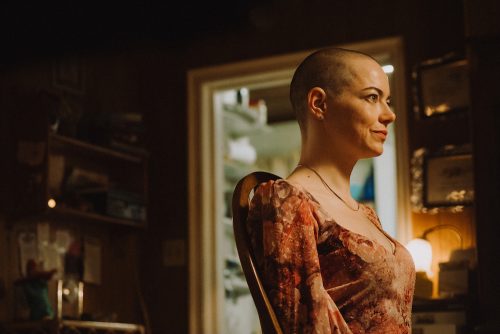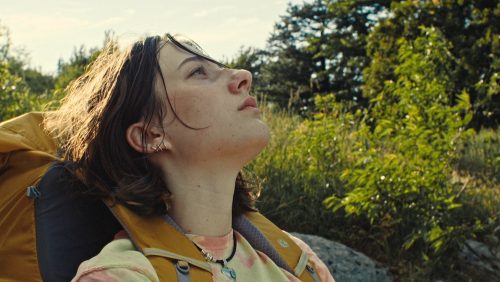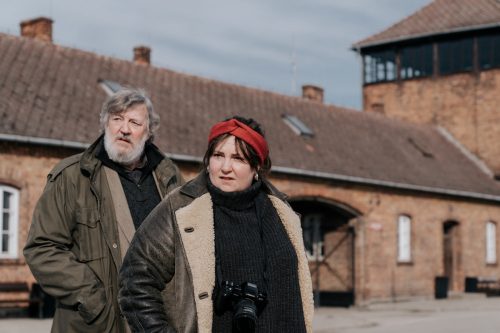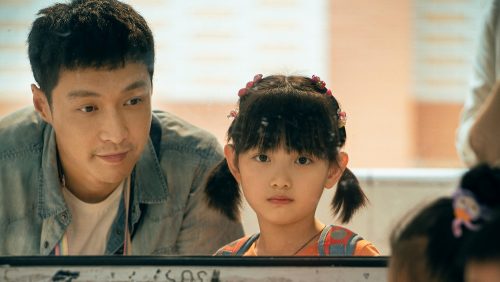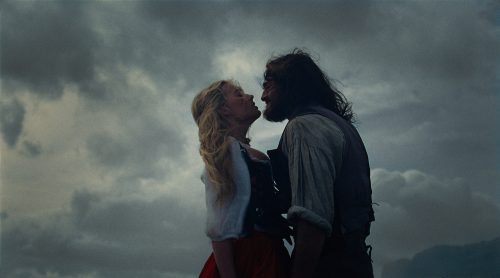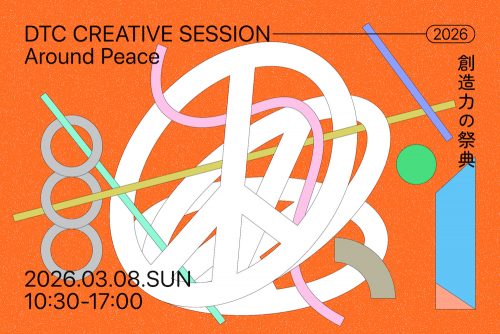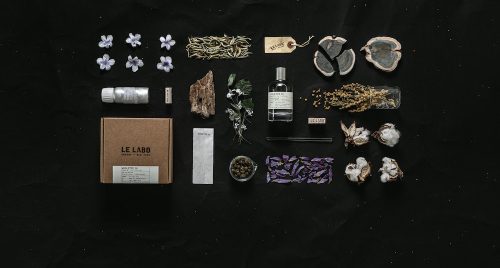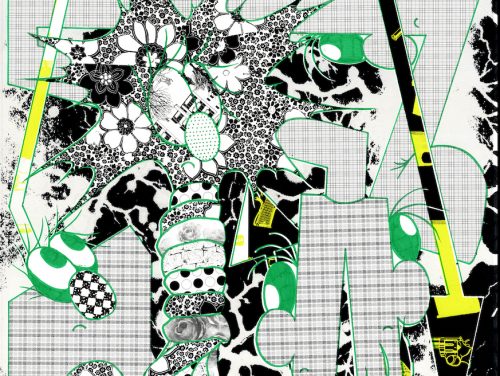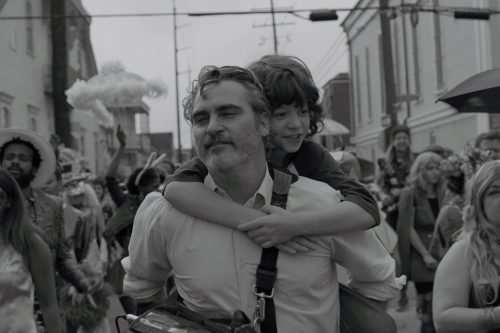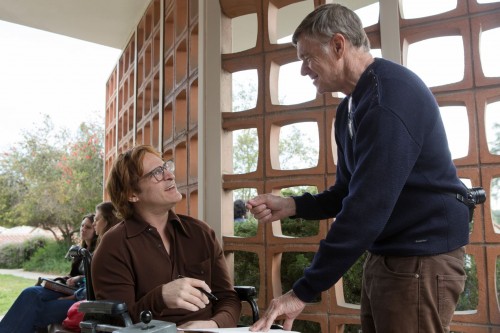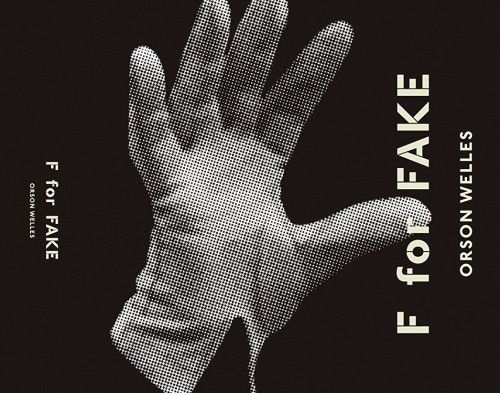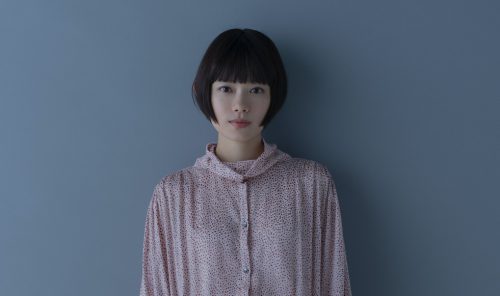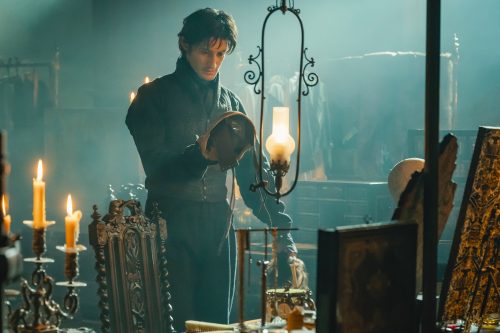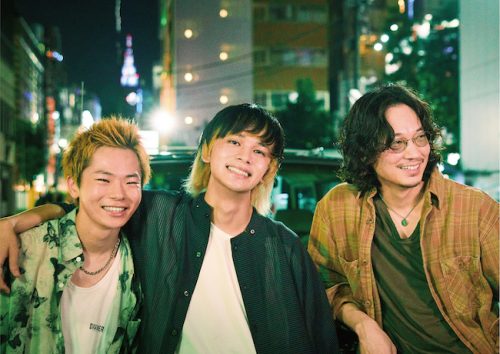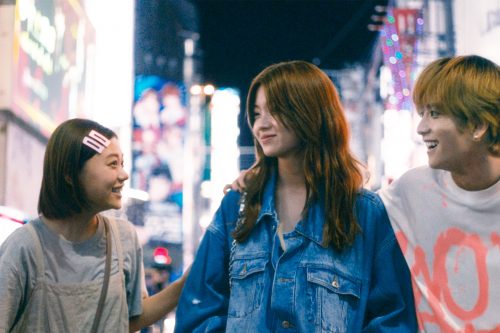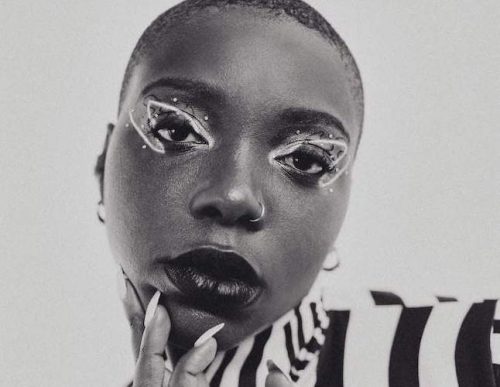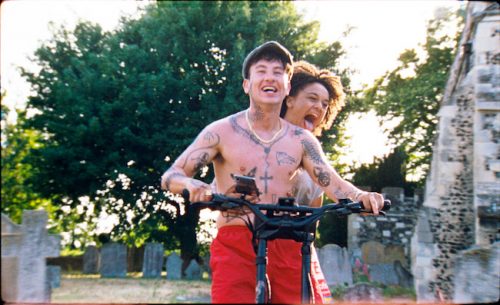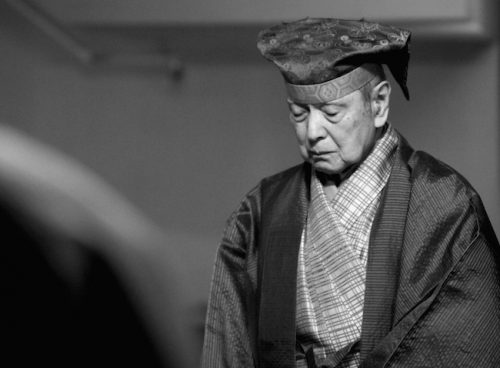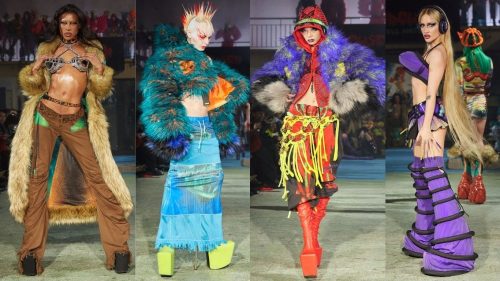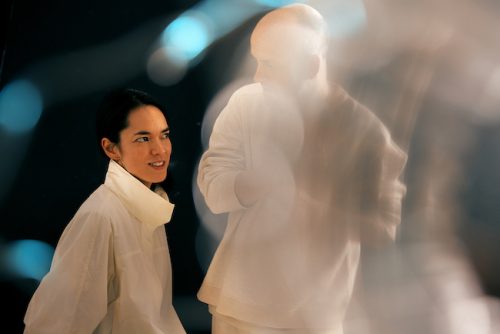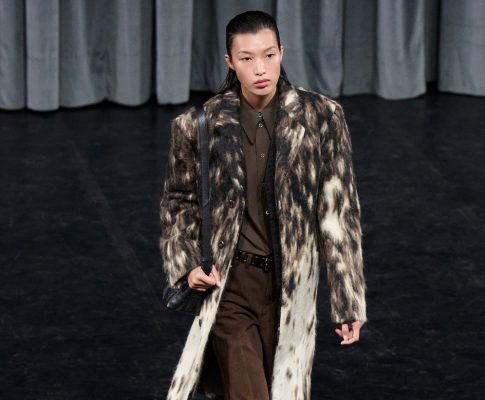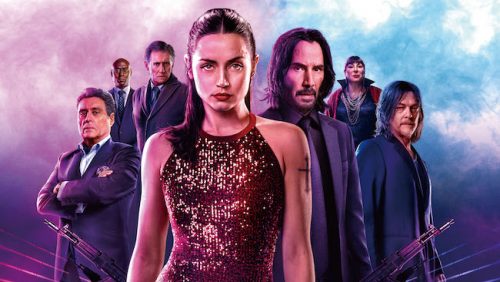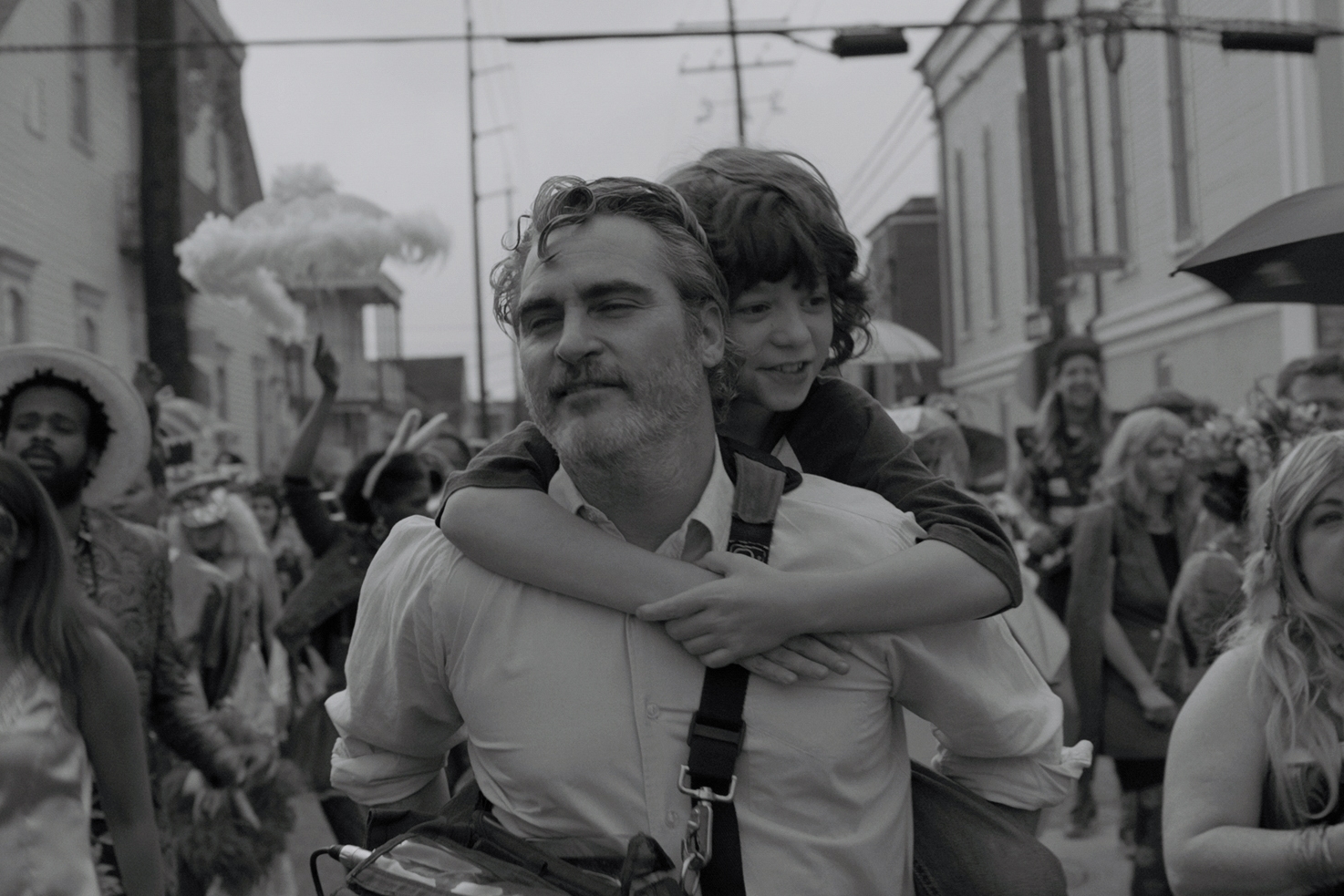
――Thank you so much for sharing your film with us in Japan! You made a film about your dad (“Beginners”) and then you made a film about your mom (“20th Century Women”), so it seems like a natural continuation to create this film, this time about a relationship with a child. What inspired you the most to tell this story at this moment?
Mike Mills: It’s partly just because this is what’s happening to me at this moment being a parent. I definitely like to write about people I know and can see and love and who confuse me, and I feel like that gives the film an honesty because it gives kind of an urgency or a realness. I love it when other filmmakers do that, you can kind of sense that there is real life in there.
――When did you start working on this film?
Mike Mills: I started writing this after 2016, after the election, when America was really beginning to go crazy as it still is. So I wanted to take this intimacy and this closeness in this very private world, and then kind of throw it out into America. So I have this very intimate relationship walk through America. So that was really a reaction to Trump and all that. And having all the kids’ voices, I wanted their version of what was going on in America, their version of what life is like here. So that was all like a real reaction to this transformation that’s happening in America right now. It’s very kind of scary and confusing to a liberal person.
――“20th Century Women” was a very personal film, but it was also about American history. And this one too, with the kids talking about their views on the world, it is very intimate but at the same time, it’s within the bigger picture.
Mike Mills: I think I’ve been doing that with all the films. So “Beginners” is I guess my gay dad’s story, but being gay is political and historical, so it was showing Harvey Milk, showing his relationship to LGBTQ history in America. “20th” is about my mom, but also it’s about her history, being a gender non-conforming woman who was born in 1925. So I am really interested in how the personal is political or how the personal is historical. That’s only one I feel if I have that, I feel like it is worthwhile making a movie and sharing with all these strangers or sending it off to Japan. It’s connected to the bigger world in some way. It’s not like an Adam McKay movie, it’s not like “Don’t Look Up.” So it’s not obvious politics, but politics and history are deeply woven into the heart of it to me.
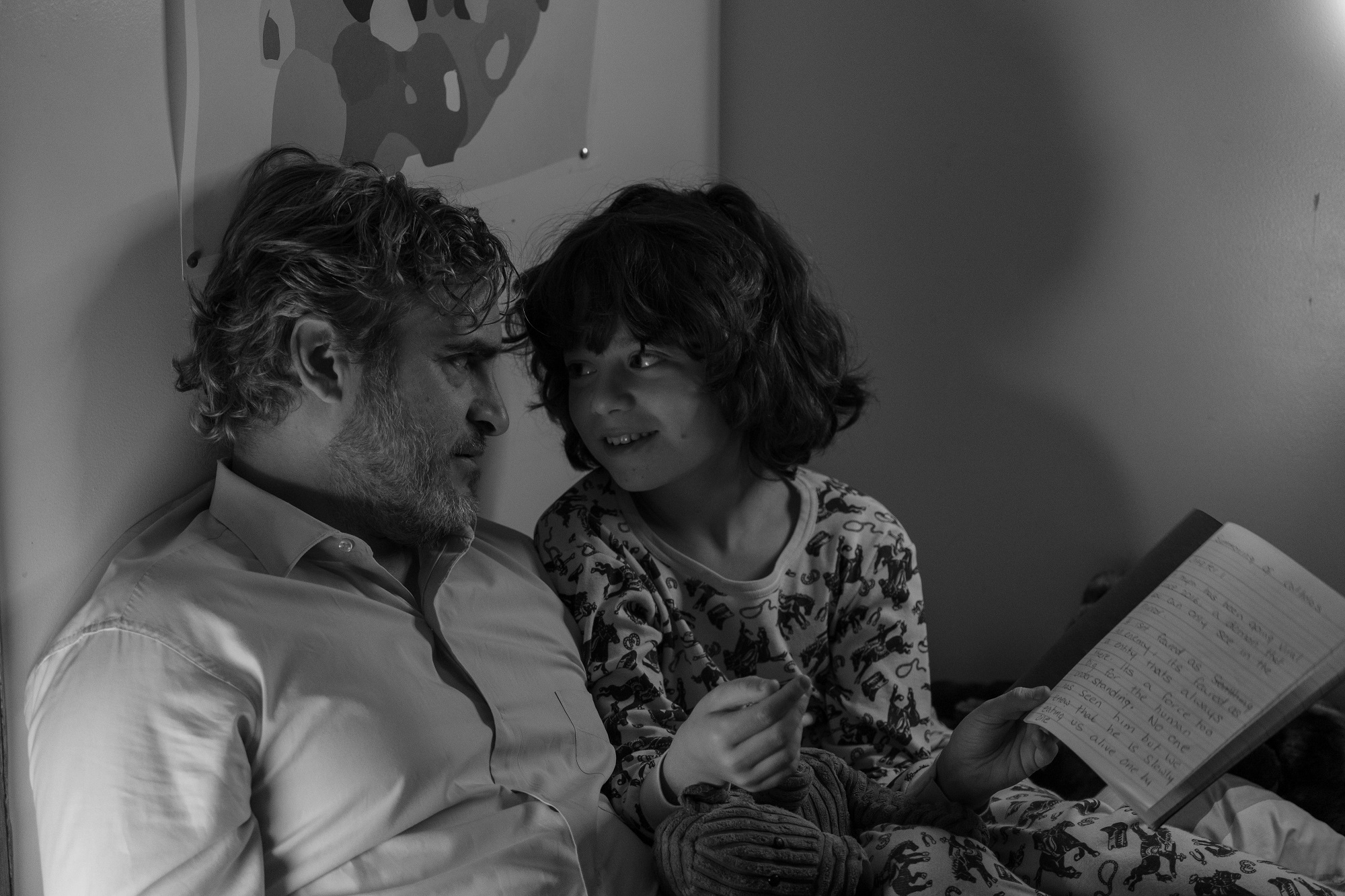
Joaquin Phoenix, Woody Norman (L-R)
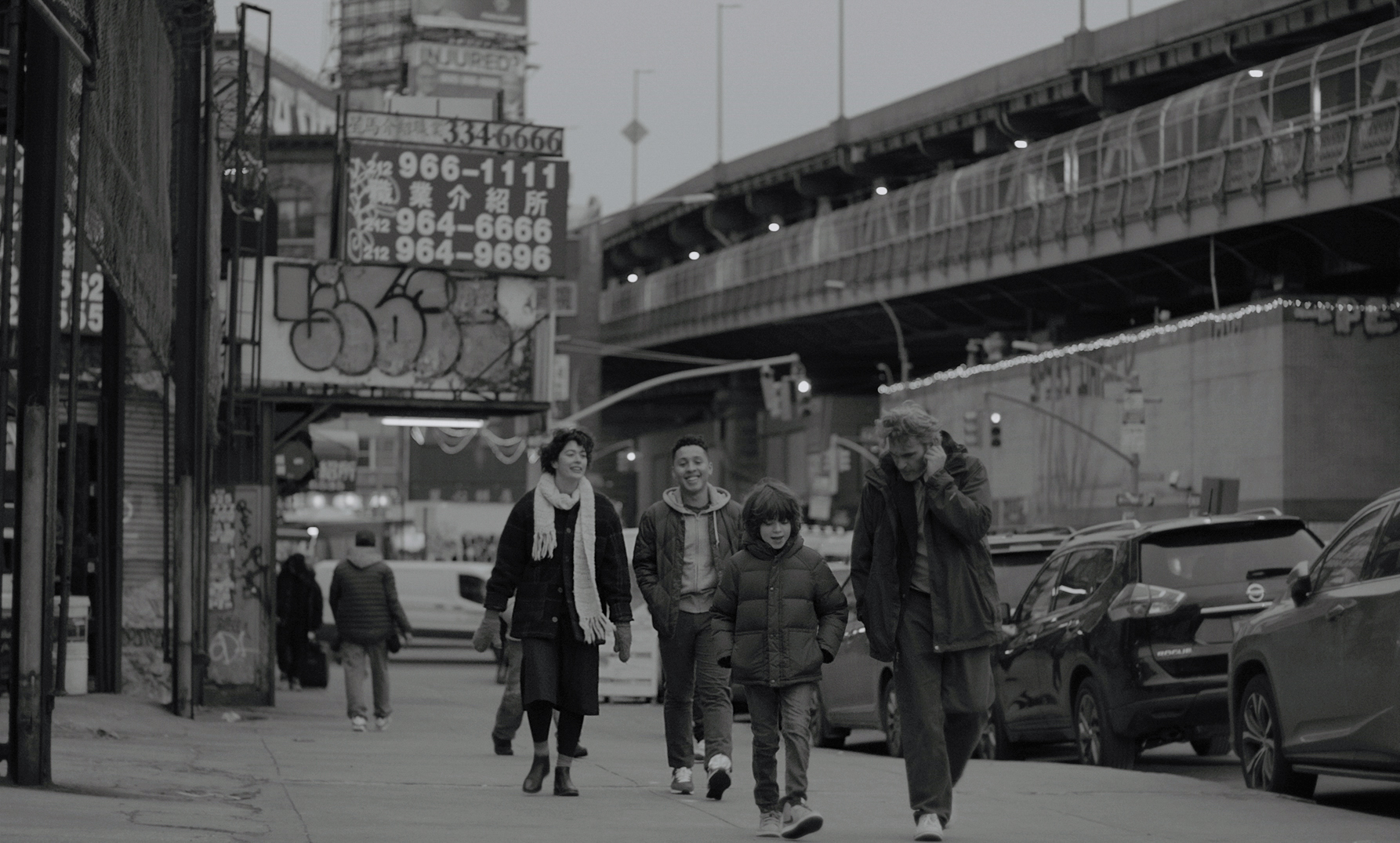
Molly Webster, Jaboukie Young-White, Woody Norman, Joaquin Phoenix (L-R)
――Joaquin Phoenix was great in this film. How early did you know that you wanted him to play Johnny?
Mike Mills: I wanted him to be in all my movies, I think [laughs.] I really liked how, when I was writing, my friends were like, “Who do you think is going to play the you-ish character?” So I’d say “Joaquin Phoenix” and everyone was like, “What!? That doesn’t make any sense!” But I was like, “Great, this is a great idea.” Because I’m very sweet and very kind and all that stuff, or people think I am, and people think that Joaquin is not, right? And I did really have a feeling, which was true, that Joaquin is really smart and really fun. He is really against cliches and really against using formulas, and really about engaging the audience at the highest level.
――How did he get on board?
Mike Mills: When we met, we got along so great, but he said, “I don’t think I can do this. All the issues are really interesting, but I can’t find my way in.” But we just kept talking because we liked each other. We were just like cracking up and he was telling me, “No, I can’t do it.” And then I would get a text the next day, and it’d be some question about the film. So I was like, OK, we’re still talking. And we would crack each other up, and talk about families and sisters and brothers and kids and all that. It was just like this conversation that kept going.
――Woody Norman who played Jesse was also amazing. He is so natural and doesn’t even seem like he’s acting. What were some of the directions you gave him on set?
Mike Mills: He was really so good, so I didn’t need to talk a lot [laughs.] The job was to make him feel free and nothing’s happening. And to make him feel like his thoughts on the character are right, and to just keep it playful and fun. That’s exactly how Joaquin and and Gaby (Hoffman/Viv) like to work. They’re all really weirdly similar. My casting was maybe kind of genius because they all are kind of like family.
――Yes, it was great.
Mike Mills: So me and Joaquin both thought, just the more you let Woody play, improvise a bit and do it his own way. The more freedom you give them, the better it is. Joaquin used to call him X Factor [laughs.] Because once Woody would say something really random or he would have his own take on the scene and do something that neither of us expected, it’s very strong. Woody has real opinions and is a very strong person and we love that. There’s a scene when they’re in bed and Joaquin is reading “Wizard of Oz” and Woody says, “Why aren’t you married?” So that was all written like that. But right before we shot it, me and Joaquin were talking and Woody was there, and we were like, “Let’s not say all that. Let’s just read and that’s it.” And I don’t know if Woody wasn’t paying attention or he just had his own idea, but when we started shooting, Woody asked the question that we weren’t going to ask! So Joaquin was like, “Um…” If you watch the film, he’s truly surprised [laughs.]
――The intimacy between Jesse, Johnny and Liv seemed so real. How did Woody, Joaquin and Gaby Hoffman get to know each other and build that trust?
Mike Mills: So they didn’t. Usually, I like to do lots of stuff like that. But both Gaby Hoffman and Joaquin separately said, “We shouldn’t meet each other. When we meet each other should be when he comes through the door.” Joaquin did meet Woody for his audition, but that was months before and hadn’t seen him. So I kept them apart all during prep. And that day of shooting, the first time Joaquin and Gaby ever saw each other was when he came through the door. Then we did a lot of hanging out outside of shooting while we were shooting, and the shoot took a long time and we did it in order. We shot Los Angeles, then New York, and then New Orleans. So by the time we got to New Orleans, Woody and Joaquin were great friends. They have a relationship that I don’t have with either of them. And that was sort of the plan. That’s how I love to work or create a world where that happens.
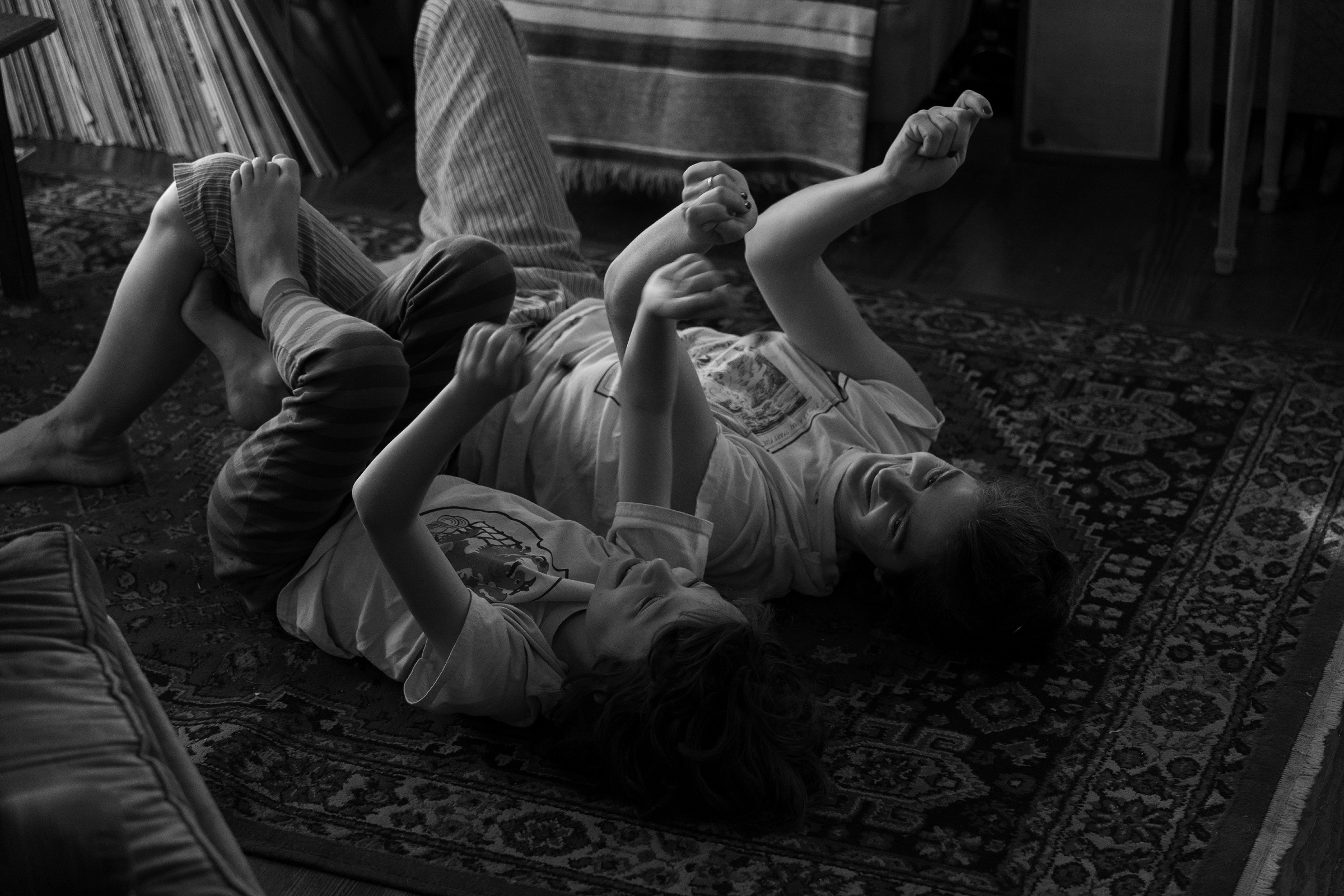
Woody Norman, Gaby Hoffmann (L-R)
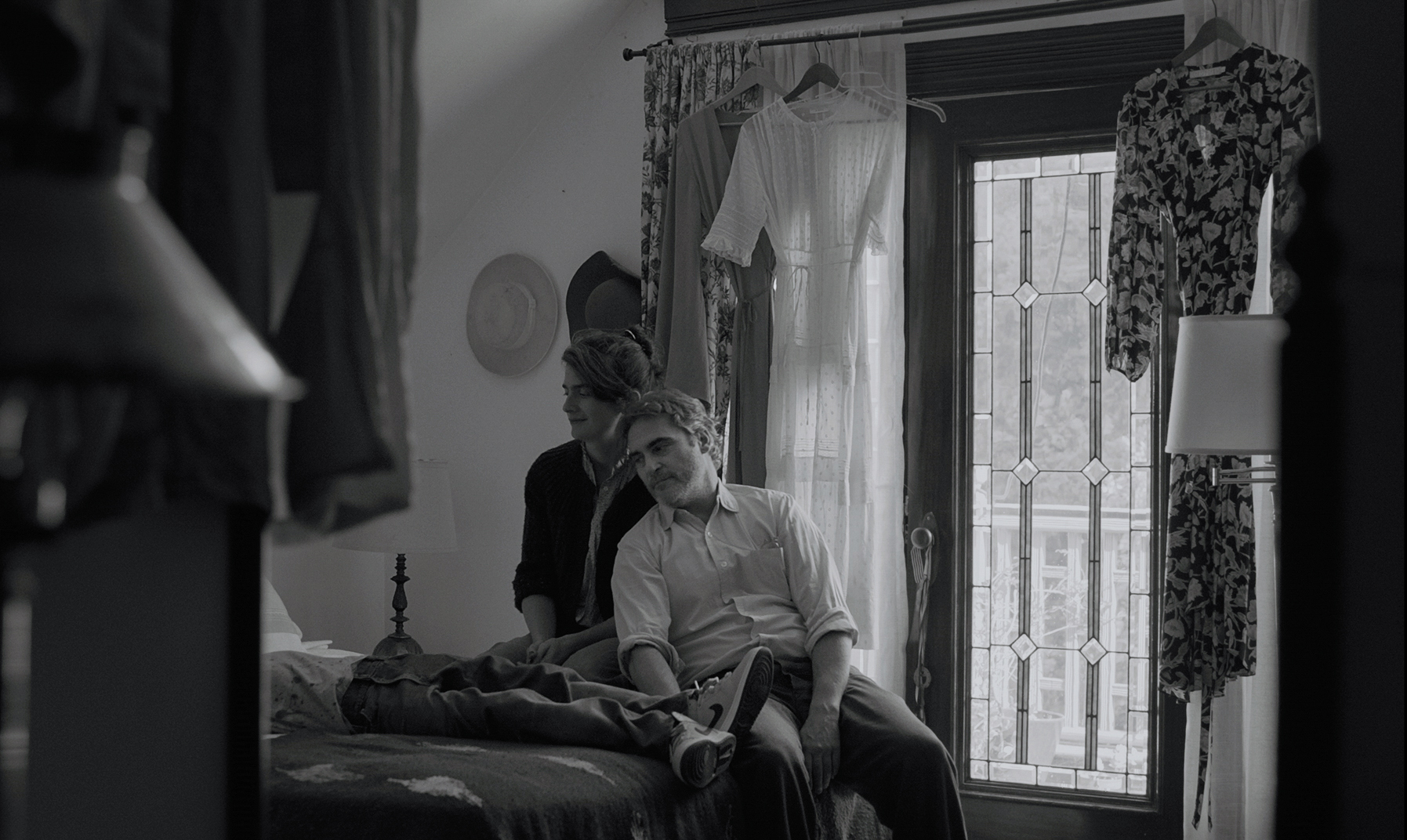
Gaby Hoffmann, Joaquin Phoenix (L-R)
――I love the women you portray in the film, like the mom and Abbie in “20th Century Women.” In this film, I really loved Viv and the scene when she tells Johnny about the struggles with her honest feeling towards Jesse.
Mike Mills: The character Viv is three or four of my favorite mom friends combined. Gaby is very similar (to Viv), she’s a mom and her worldview. But the scene that you talked about, that was Joaquin’s idea. Joaquin was describing a woman friend that he knows who is a mom who was saying basically all that stuff, and just the load that women have to carry as mothers is so much more intense than men and so different. It’s just a different world. And us two men were just sort of tripping out on how different it is for women, and just talking about it and trying to understand it. So Joaquin was telling this whole story about how she struggles with her feelings, and then at the end, she gave this amazing piece of parenting advice that only a mom can give like, “Just give him some protein. He’ll be OK.” And I was like, “Can I use all that in the film? Can I write all that down?” [laughs] So Joaquin basically said all that, I wrote it down, put it in the script, and then Gaby performs it.
――This film is beautifully shot in black and white. I especially loved the beach scene, and it reminded me of some of Ozu’s works. Why did you decide to shoot in black and white?
Mike Mills: Fellini also shot the beach a lot in black and white. So when we were on the beach, I’m like, “Oh, I’m in a Fellini movie!” with the pier and everything. So many of my favorite films are black and white. I wish that there were just more black and white movies. I think I convinced other people that I could make this one black and white with this pitch. The pitch was part of the movie is a myth, or it’s like a fable to have a child and an adult walking through landscapes. That’s like a mythological archetypal image. There’s something really cool about it. And I wanted to play “Clair de Lune” when they’re walking around, you know, all sorts of like drawing up ancient mythological vibes. And black and white really helps that because black and white isn’t reality. It’s sort of like about reality, but not reality.
――I see.
Mike Mills: Also, I love drawings. I kind of thought of this film as a drawing, not a painting, like a Bonnard drawing of his wife in the tub, like a very intimate quick sketch. Painting is very grand and tells you it’s grand. I wanted my film to say it’s humble, but actually kind of be grand, hopefully. So I thought black and white is good for that. And I love Satie’s piano music. Very, very big influence on me. This space it has, you can kind of walk in between the notes, it’s just very spacious. To me, black and white is very spacious.
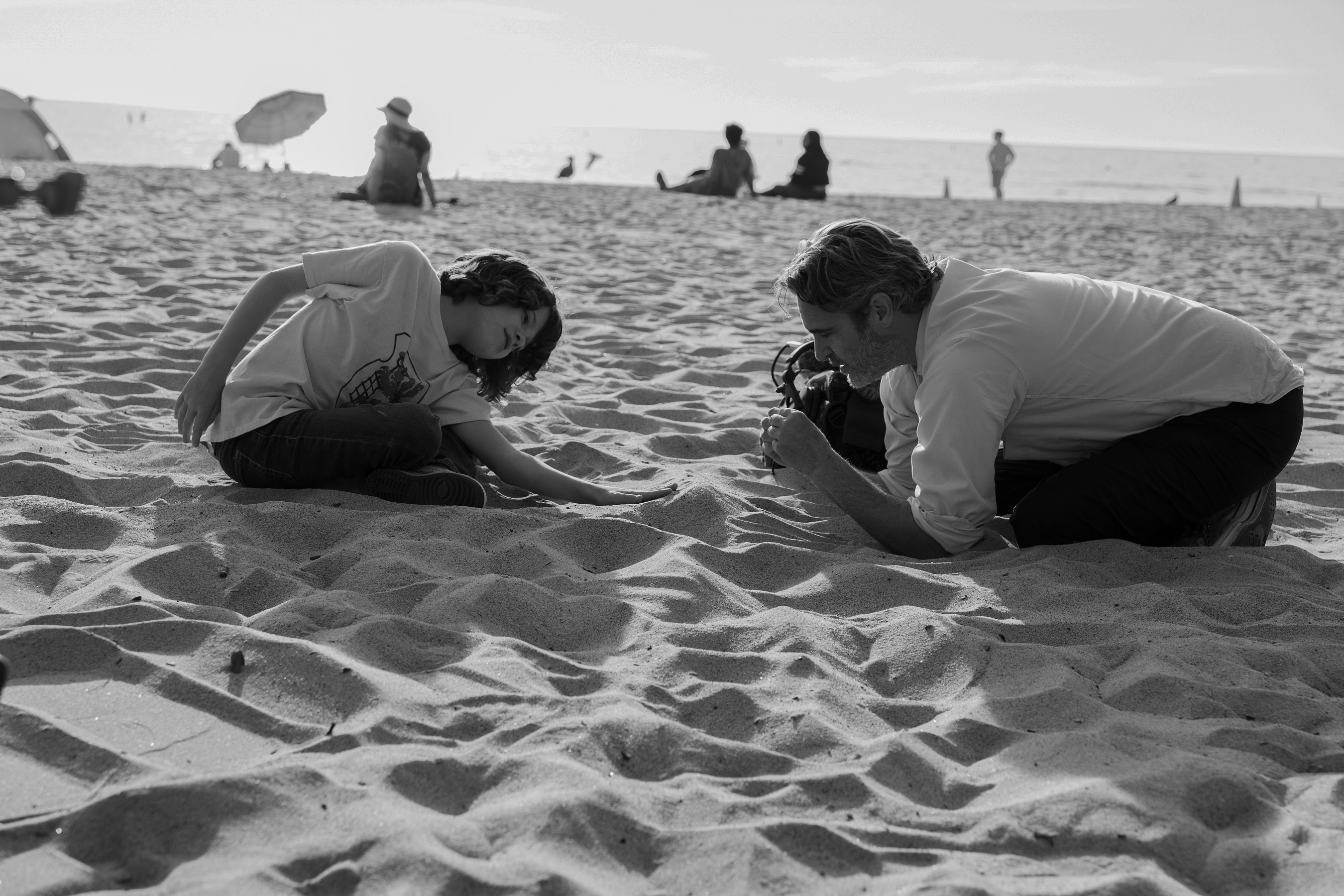
Woody Norman, Joaquin Phoenix (L-R)

Woody Norman, Joaquin Phoenix (L-R)
――This film features interviews with real children from across the states about what they think of the future. What did you learn the most through those interviews?
Mike Mills: As a parent and as someone who hangs out with kids a lot, I kind of knew that kids are that smart, or kids would be really perceptive. Also, kids are very willing to make themselves vulnerable, willing to expose themselves. So I knew I’d have that power. But I’m just sort of inviting other people to sit with how truly intelligent and perceptive young people are.
What I was hoping to do in this film partly by having the documentary part mixed with the narrative part was to do something kind of new. It’s not like super new, there’s been films that have done that. But to me, it felt like new. And the film is very much about present day reality, but it’s in black and white, right? I remember telling the crew a lot, and just feeling this feeling of like, “Let’s explore not what we should do, but what we want to do. Let’s explore new forms of things that have elements that shouldn’t be together like a myth and a documentary.” I do feel like all the forms of narrative and all the forms of filmmaking are so much more wide-open than our industry and our culture and our habits tell us they are. It’s not that my film is that adventurous, but it is a little bit [laughs.]
――Do you have any message to the Japanese movie fans who are looking forward to watching this film?
Mike Mills: Part of the joy of making it or the joy of the community of people that made it was this feeling of there are so many ways to do stuff. There are so many ways of trying things. Let’s not take it all so seriously, and do something we feel genuine about.
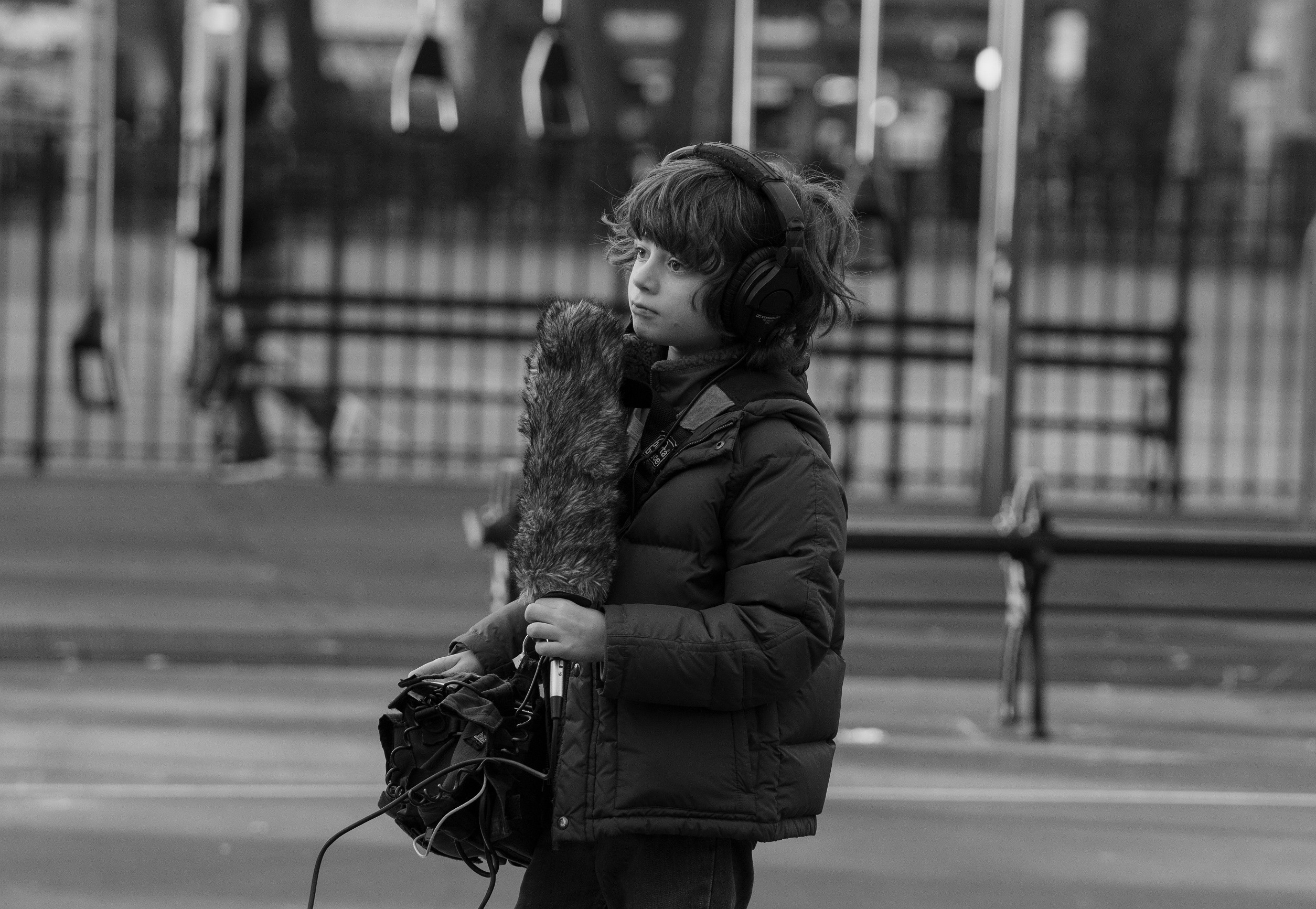
Woody Norman
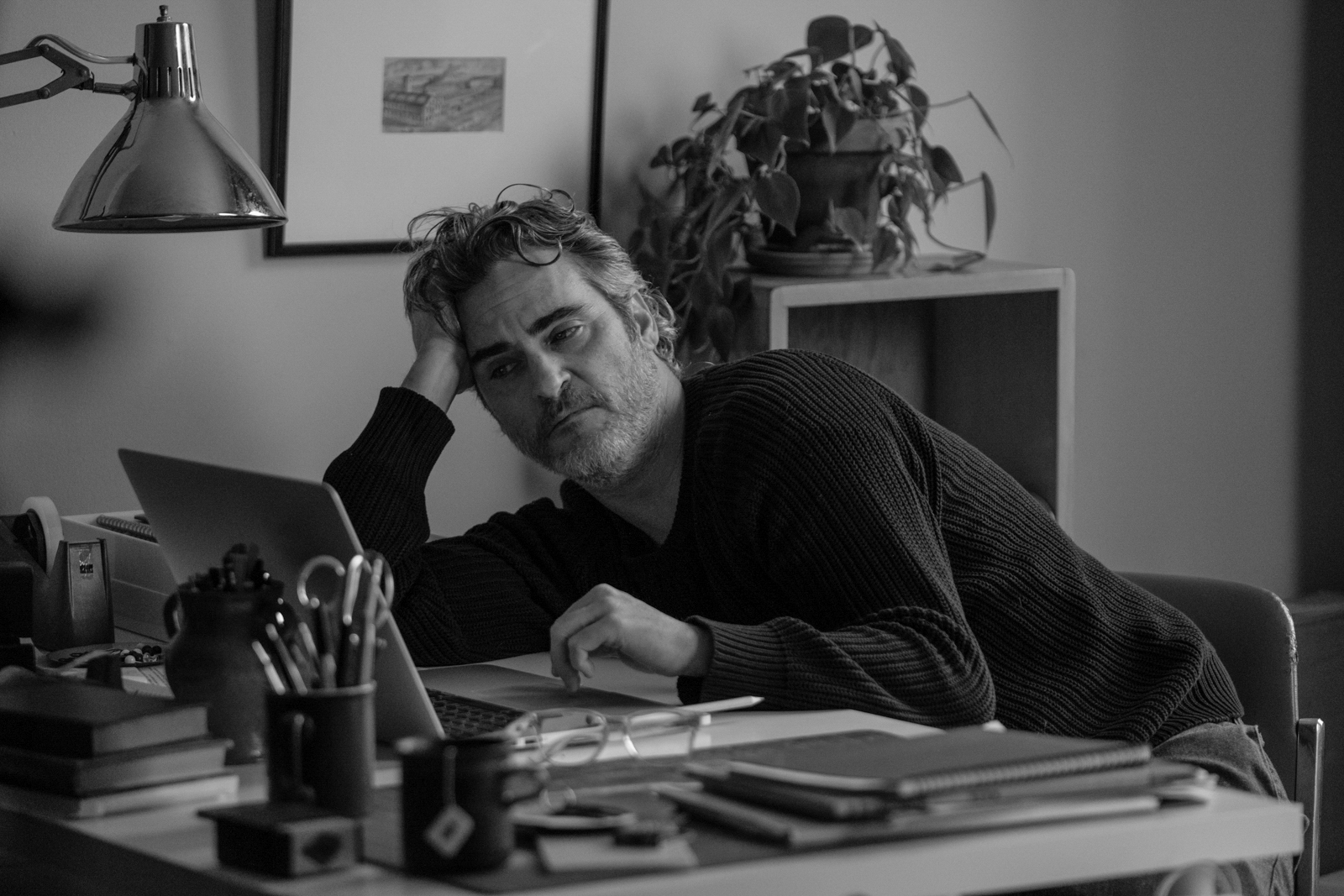
Joaquin Phoenix
text nao machida
